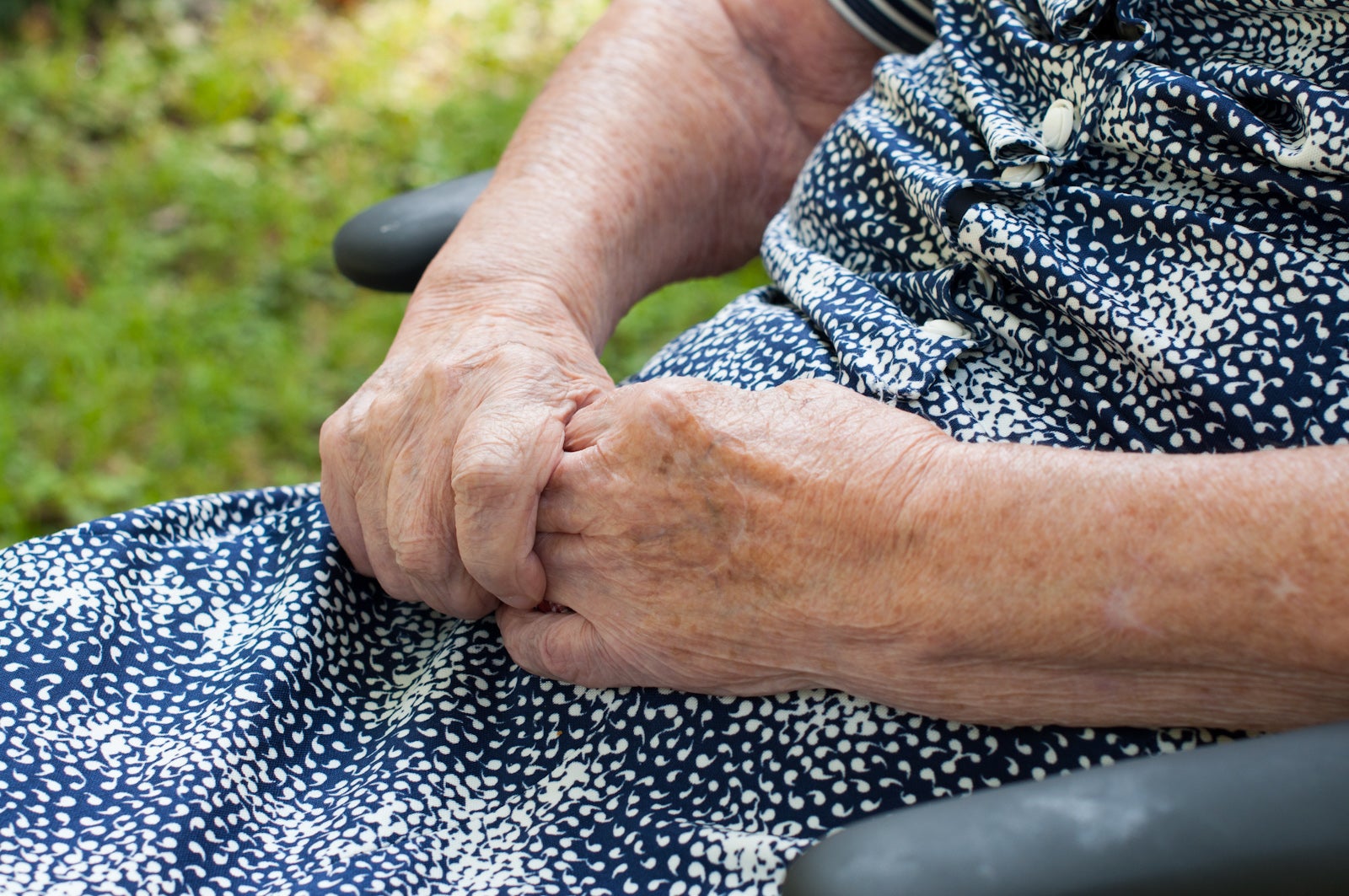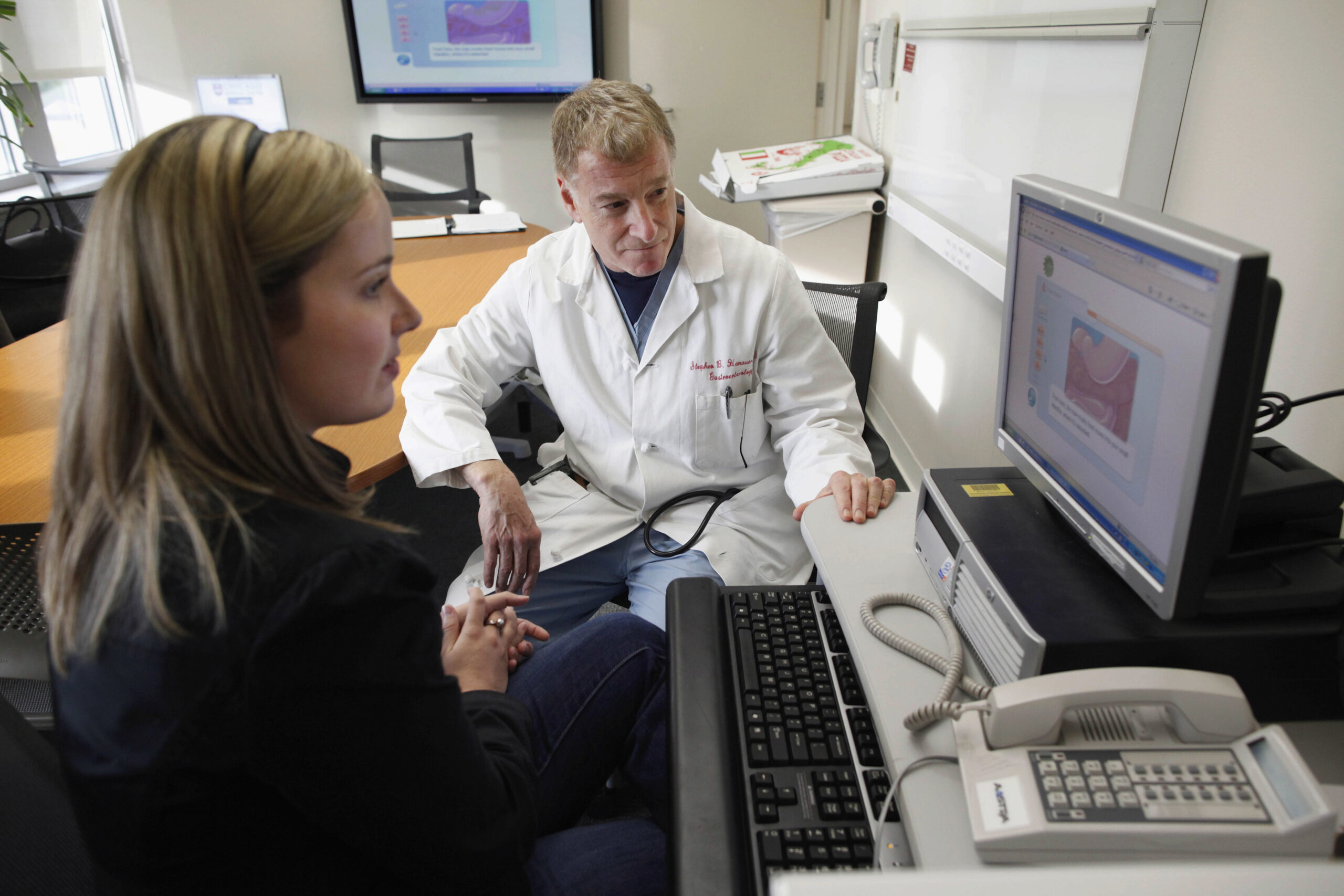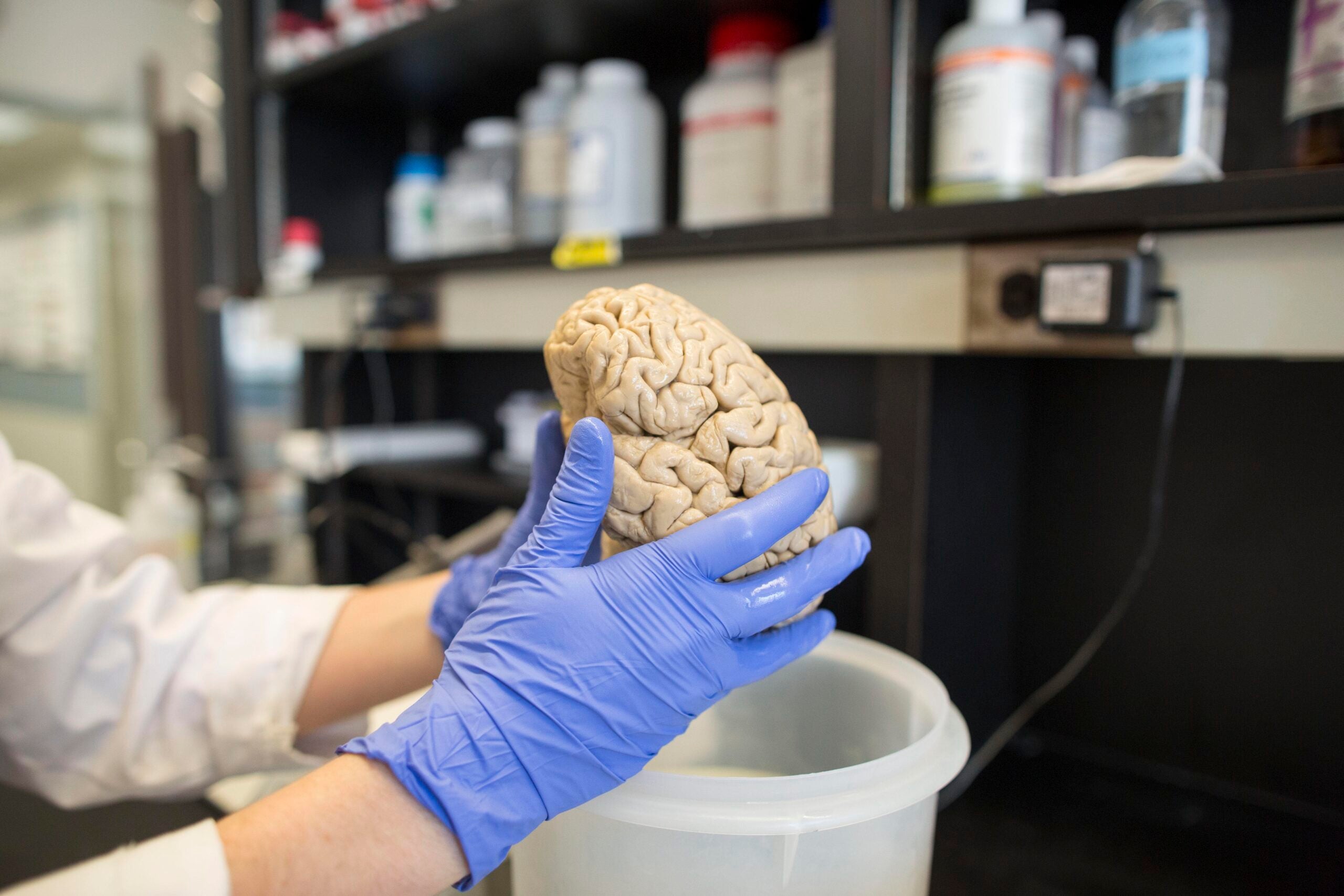A panel of state lawmakers and advocates say the state needs to do more to address Alzheimer’s and dementia care in Wisconsin.
A legislative task force released a report on Tuesday outlining recommendations to improve community resources, research and awareness of the illnesses.
The recommendations include increasing funding for research, addressing a shortage of specialized health care workers in the state, improving training for workers who encounter dementia-related crisis situations and promoting education about dementia in schools.
Stay informed on the latest news
Sign up for WPR’s email newsletter.
“My mom suffered from dementia, and my kids, her grandkids, have a very, I guess, less than favorable memory of her,” said Rep. Mike Rohrkaste, R-Neenah, who chaired the task force. “If we can improve kids’ understanding of what this disease is, and improve their knowledge, it makes the quality of life for families that are dealing with this so much better.”
The task force also introduced a number of Alzheimer’s and dementia-related bills during the last legislative session. Three of those, which call for a dementia crisis unit pilot program, funding mobile crisis team grants, and increasing state funding for a caregiver support program, became law.
“We know there are no quick fixes, we know that there’s no simple solutions, but I’m proud of this bipartisan effort,” said Assembly Speaker Robin Vos.
Rohrkaste said seven other Alzheimer’s and dementia-related bills that failed in the Legislature last session may be reintroduced during the next legislative session.
Wisconsin Public Radio, © Copyright 2025, Board of Regents of the University of Wisconsin System and Wisconsin Educational Communications Board.







